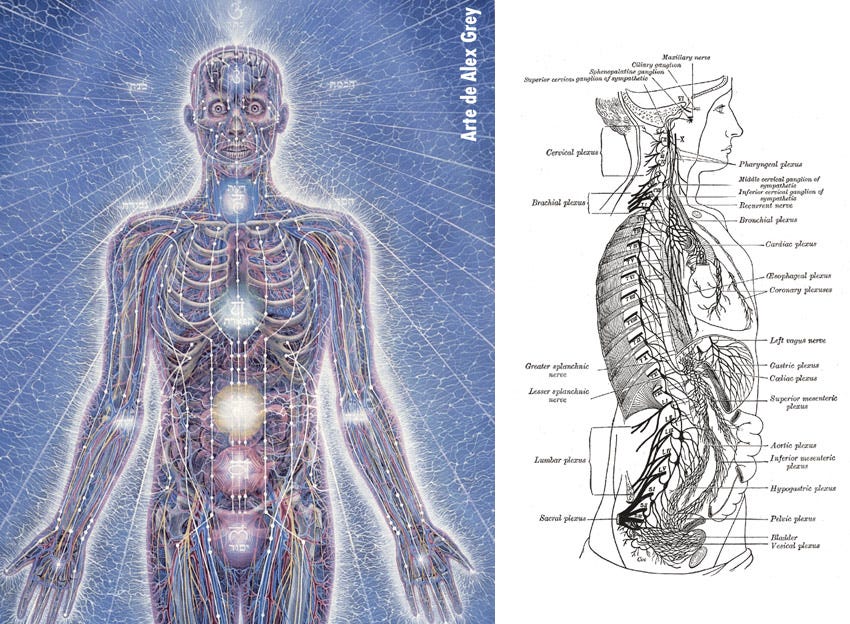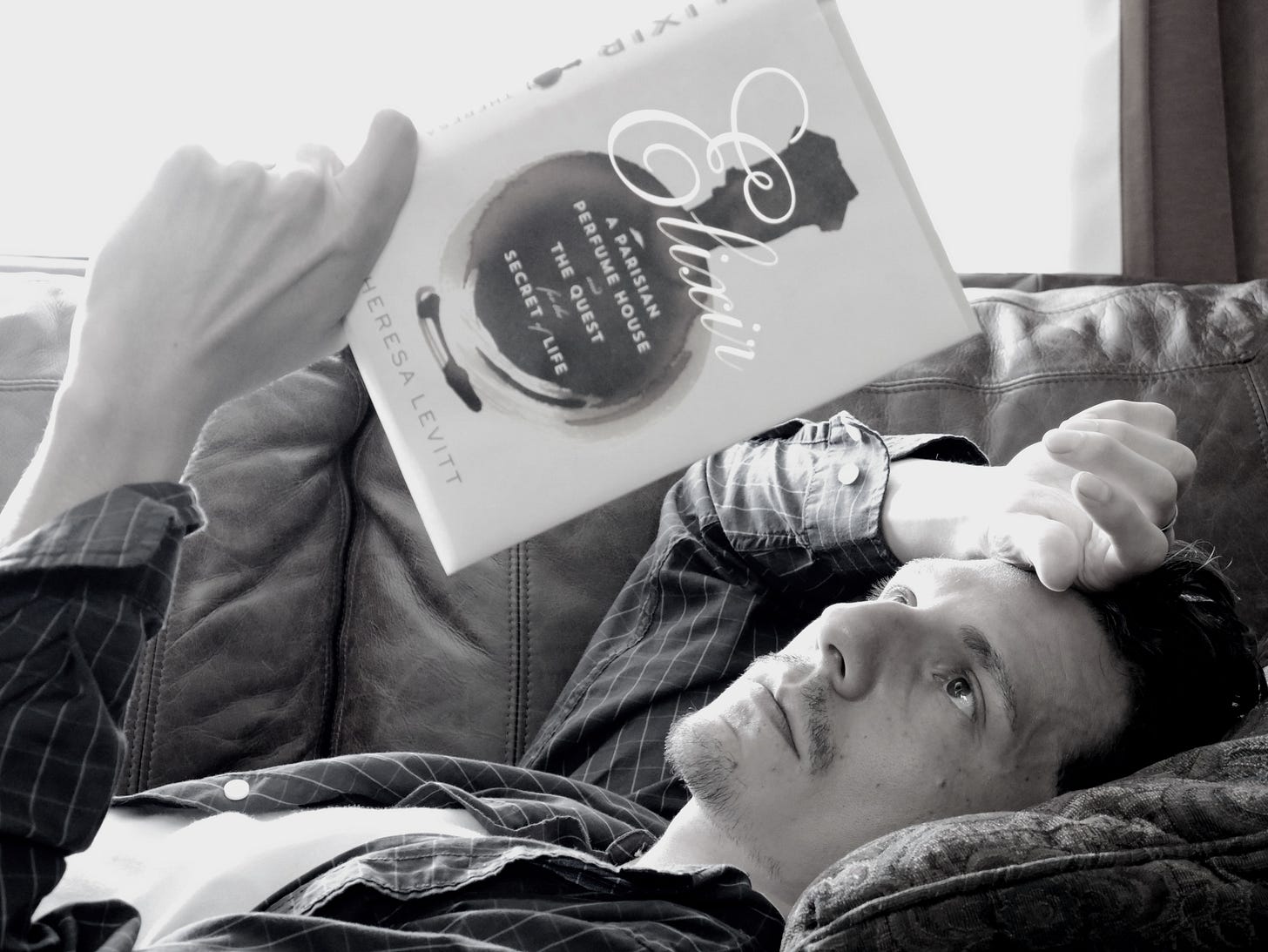Once Upon a Time...
Around this time, seventeen years ago.

When I was twenty-two I was going nowhere, so I decided to take a couple summer classes. I had a vague idea of what I wanted to understand: something about physics, about how things worked, about what things were. I'd failed every math class I'd ever taken, but I was reckless enough to dismiss the past entirely. During those years I felt unrelated to it.
I enrolled in two courses, one on literature and one on algebra. I hated the algebra, but loved the literature. This surprised me, made me feel like I was a stranger to myself. The professor—a pale, red-headed woman in her late thirties—had a way of talking about great literature as if some deep secret was hidden within it. Over the course of the summer I began to wonder if she might somehow be talking about my vague idea.
One day we were doing an exercise on putting our impressions of things into words. The theme was smell, and she passed around several small colored papers, each of which had a unique scent soaked into it. We'd pass them around, write a word or two about our impression, then she'd have us explain why we wrote what we did. I got the yellow paper. When she came to me and asked what I'd written, I looked at my paper and laughed. "Green," I said. Everyone else laughed with me, looking at the yellow slip on my desk.
"Green?" she asked, "Why green?"
"I don't know," I said. "When I smell this paper, I see a very specific shade of green."
"See it?" she says.
"Yes," I said, "behind my forehead, I think." The class continued laughing, and I laughed too. But she seemed genuinely interested. "It's a weird thing," I continued, "and it doesn't happen very often, but sometimes I can see a color from a smell, or even a sound."
"That's called synesthesia," she says. "Some people have that. It's a real thing."
From that point forward we began getting to know each other better. I told her about my vague idea. She laughed and said it was the same with her, and she was still trying to figure it out.
After class one day she pulled me aside and said, "Behind the forehead is an excellent way of putting it. Let me show you something." She got a book from her desk and opened it, then showed me a page with a painting on it. "Have you ever heard of Alex Gray?" she asked. The story that followed changed the trajectory of my life.
"One time, when I was your age," she began, "I was in my room with my boyfriend. We were lying on the bed reading together, when my cat crept in through the door and began meowing to be petted. It jumped up onto the bed and settled between us, and we both put a hand onto her and began stroking her fur. I don't know how to explain what happened next, but suddenly I looked over at my boyfriend and realized I could see all the energy inside his body, shining and moving in very specific ways, coagulating into small orbs at very specific points. He was staring back at me. "Can you see it, too?" I asked after several moments of shock. "Yes," he said, a mixture of fascination and horror on his face. He pulled his hand away, and suddenly everything was normal again."
She went on to say that she never again saw what she'd seen, but years later came across Gray's paintings in a bookstore. "That's what it looked like!" she said, "Just like that! The human body is far more sophisticated than we believe, I'm afraid."
I went away that night deeply disturbed. Either the woman is a loon, I told myself, or she just told me something supremely valuable in my wish to understand. I settled on the latter. I quickly became less interested in physics, and more interested in humans—in what we are, how we work, and why. The summer was coming to a close.
I abandoned physics and dropped out of school. On the last day of class I told her of my decision. "For you, it's the right one," she said. I told her I was going to begin studying to try to understand the image she'd shown me, that my humanity had never interested me so deeply until now. I can remember that I was wearing a black shirt with a lion emblazoned on it. "Oh, Daniel…" she says, "Daniel in the lion's den. You'll need a lot of faith for that. But if you're serious, I could take you to the cage, and introduce you to the lion."



